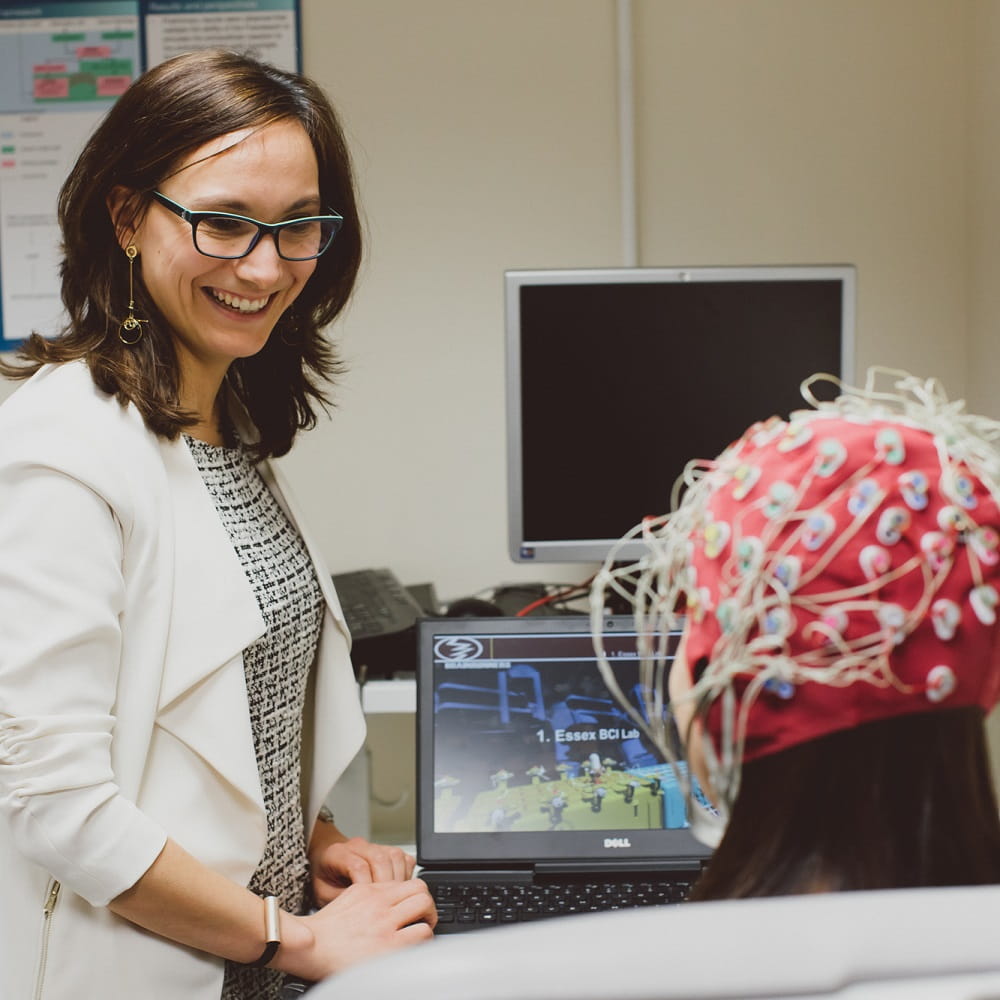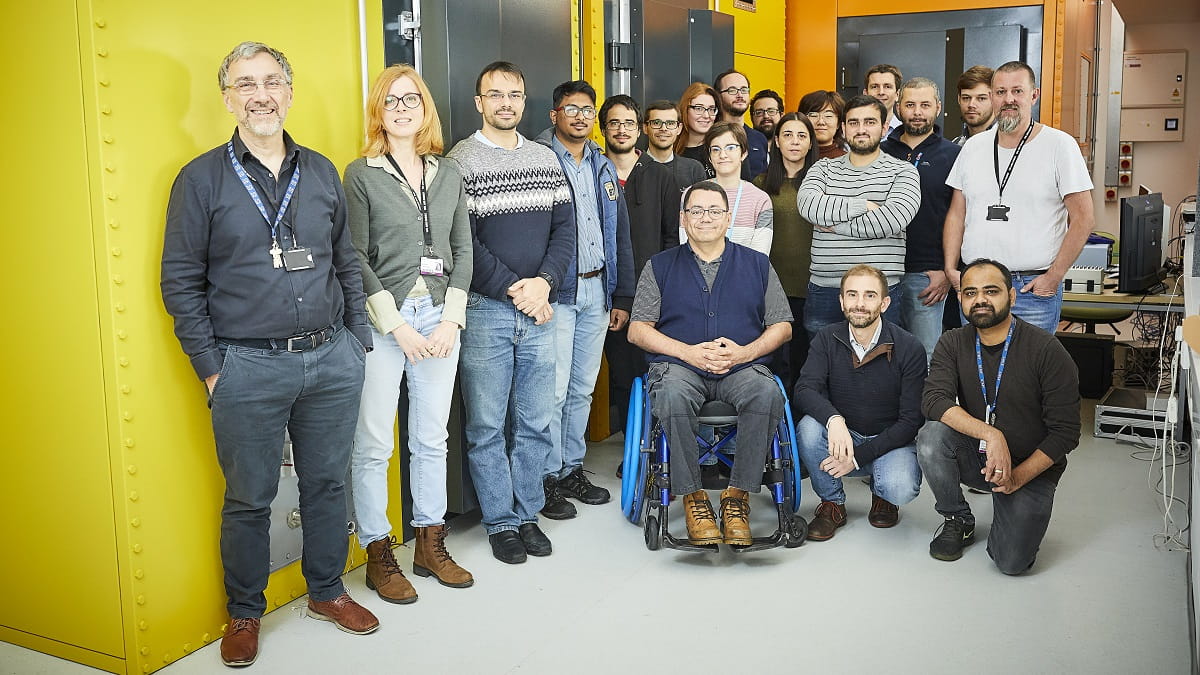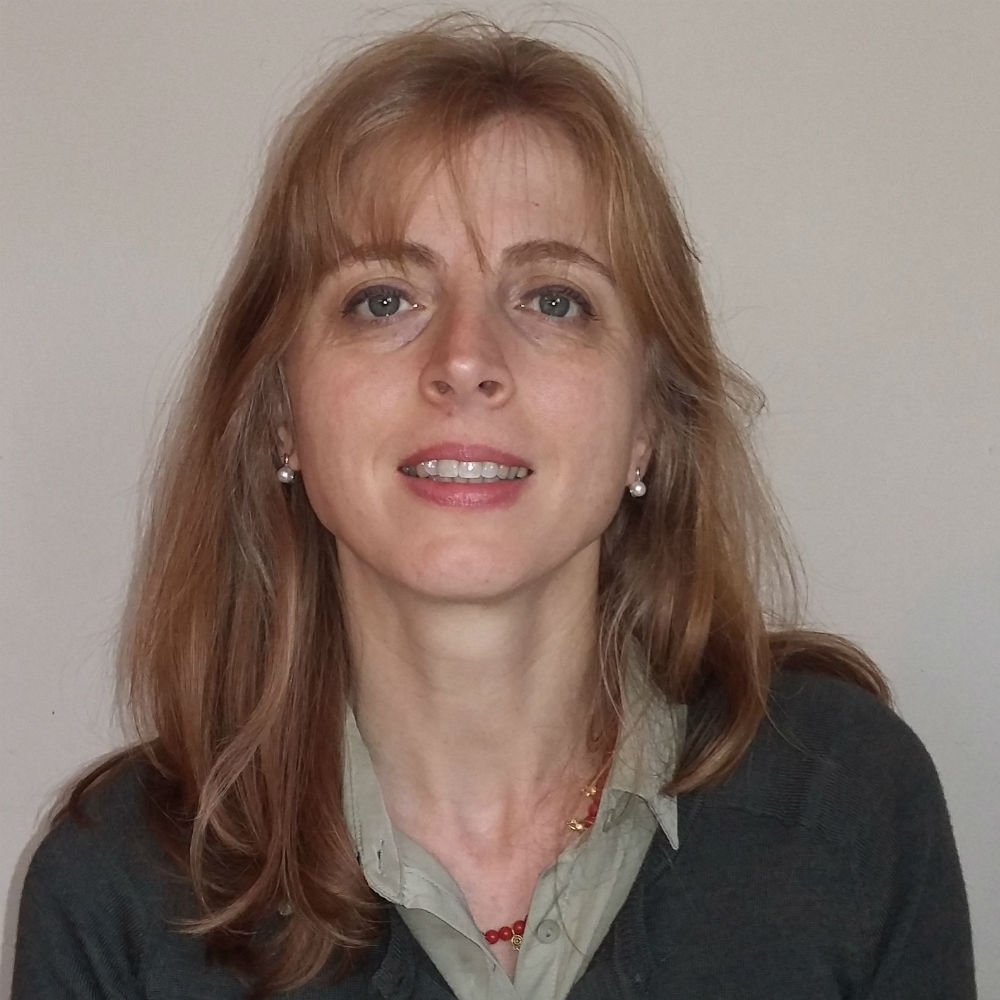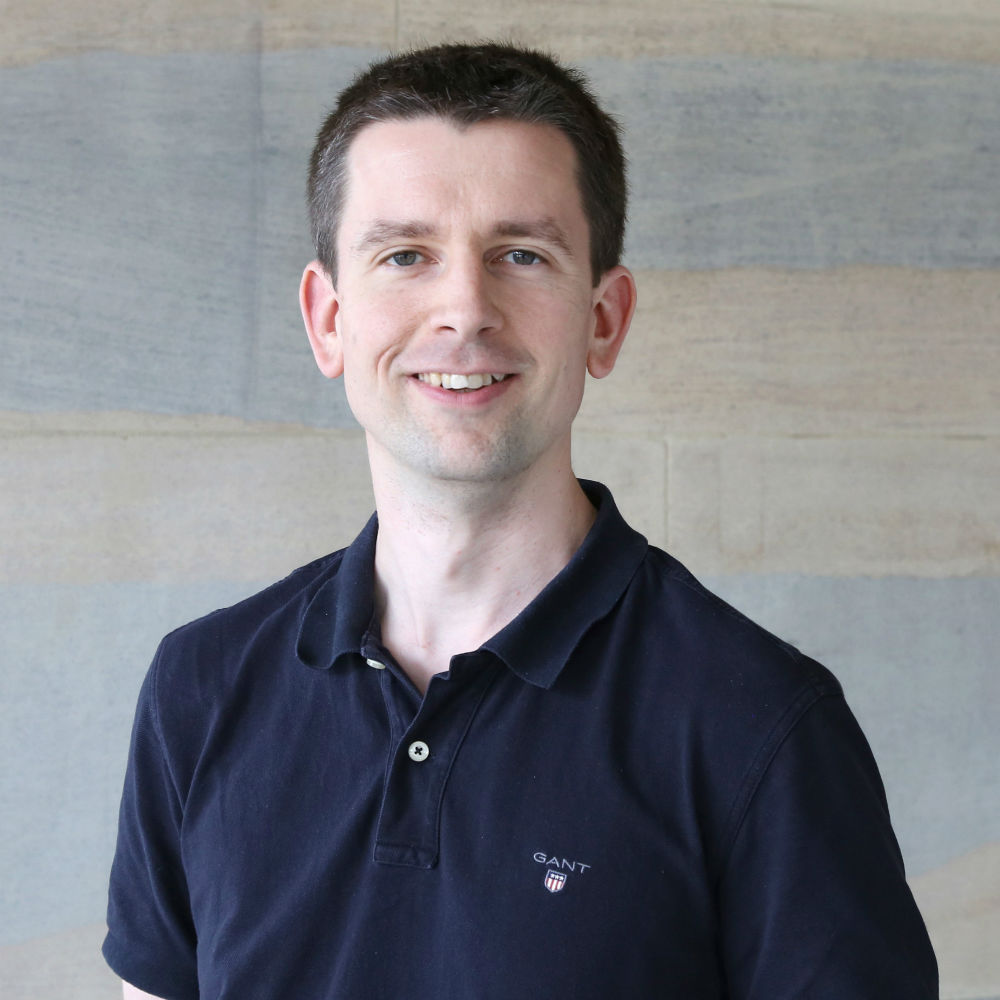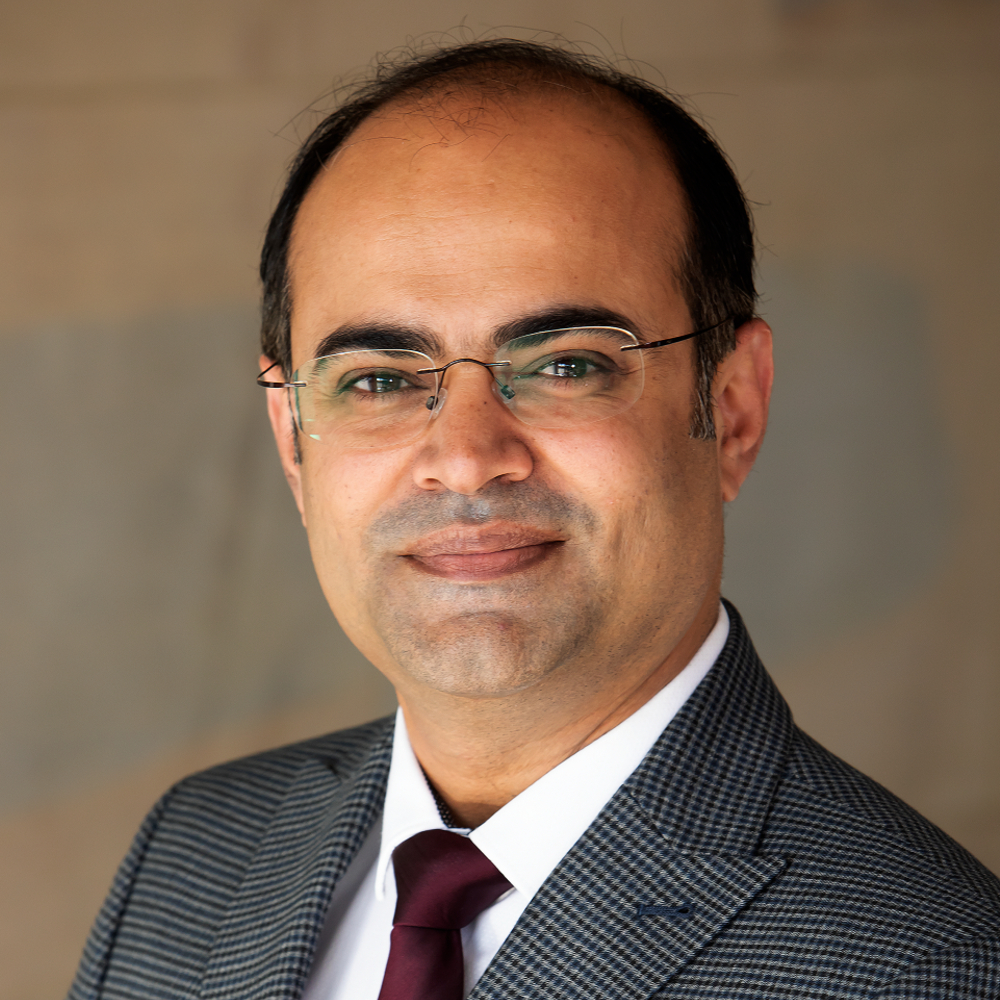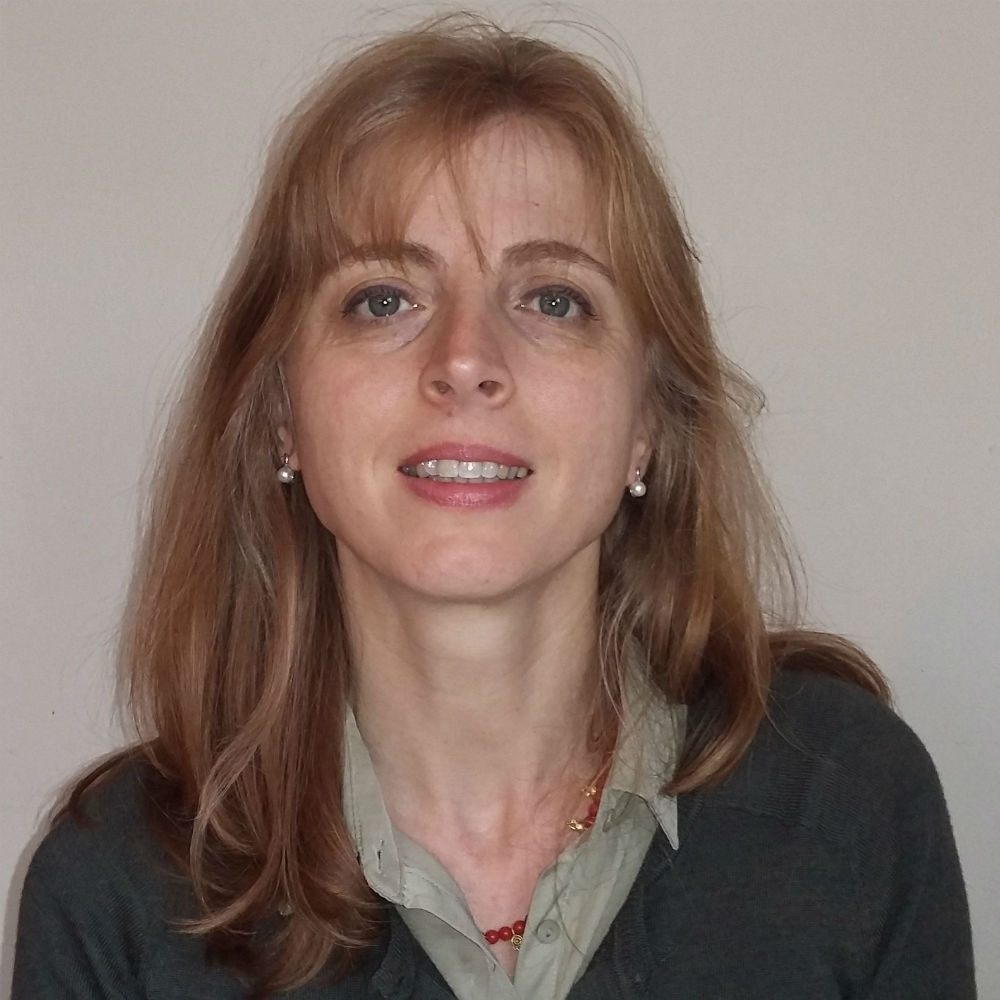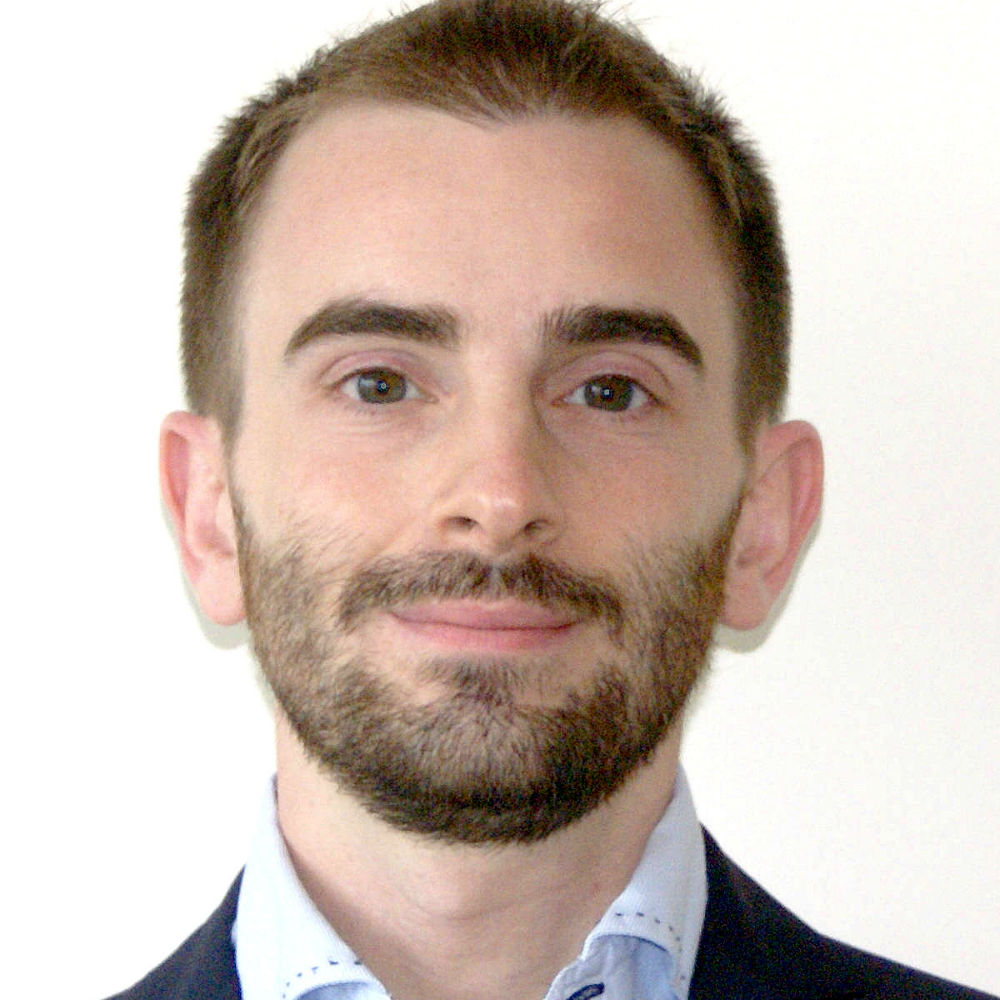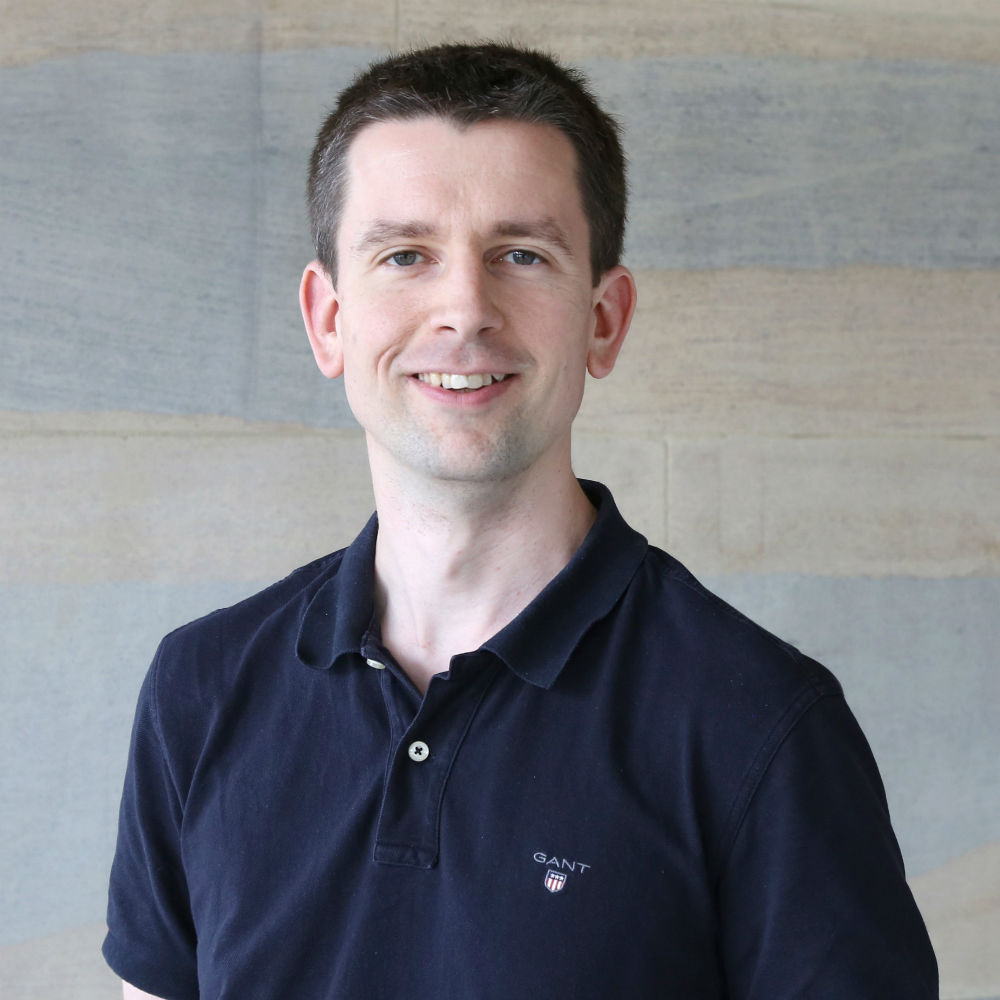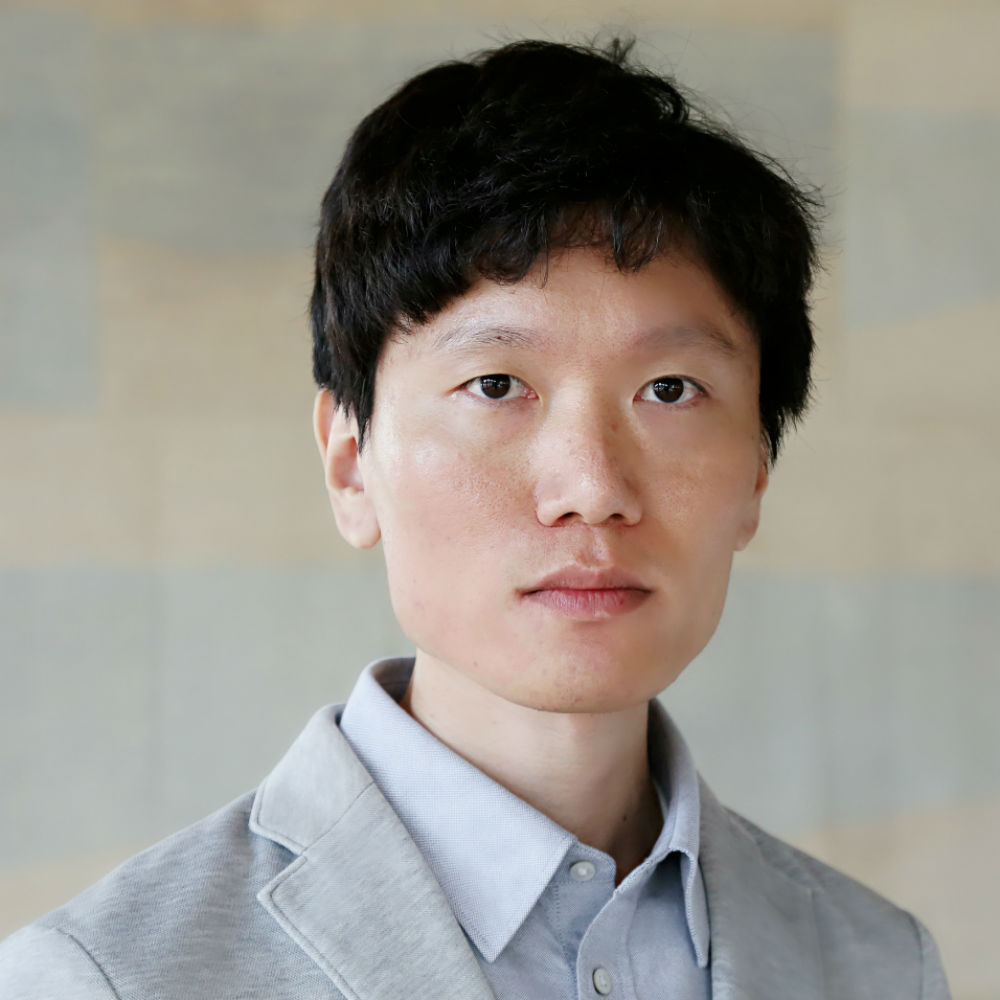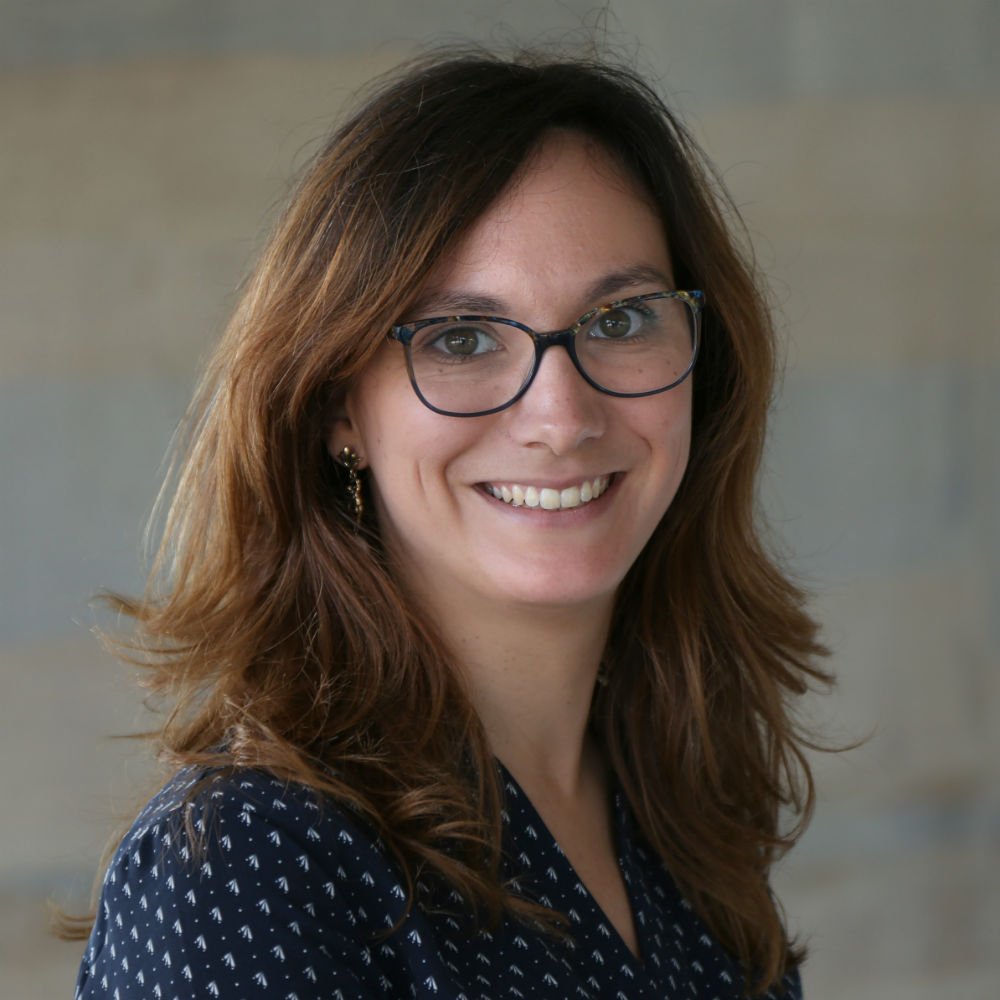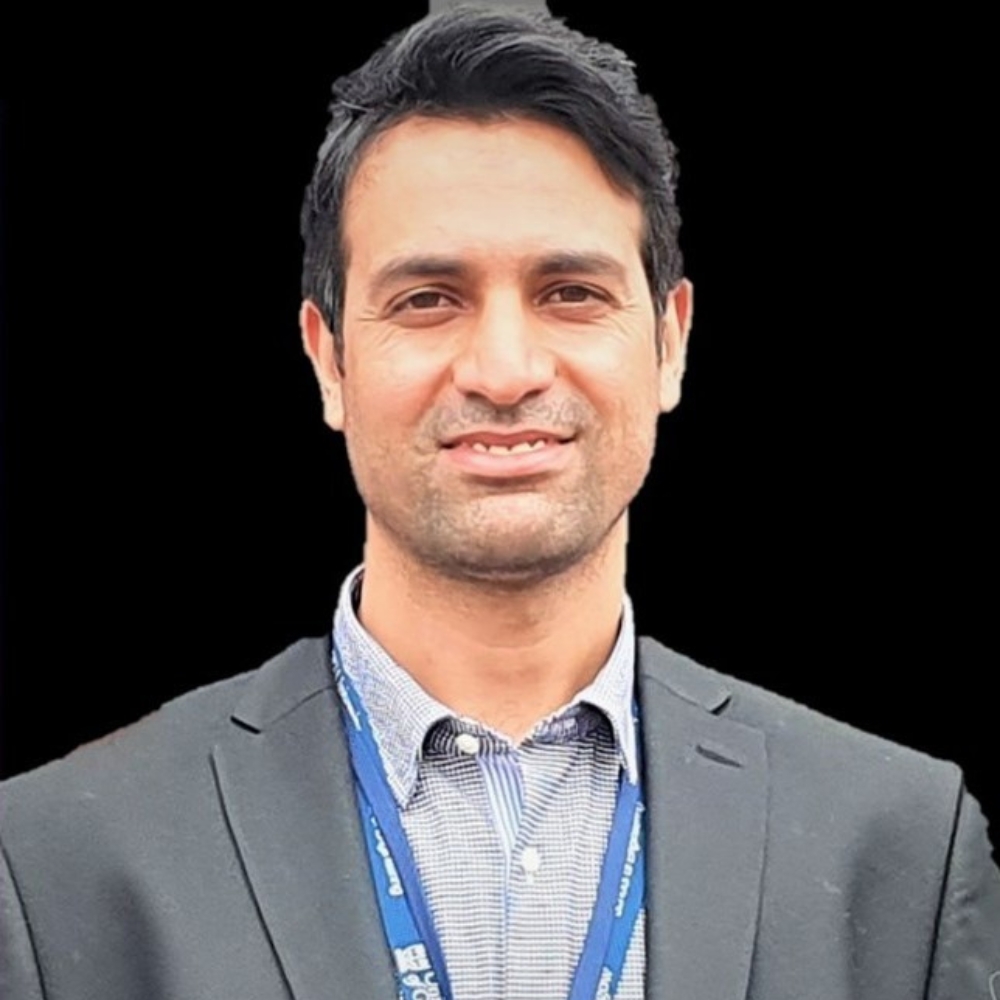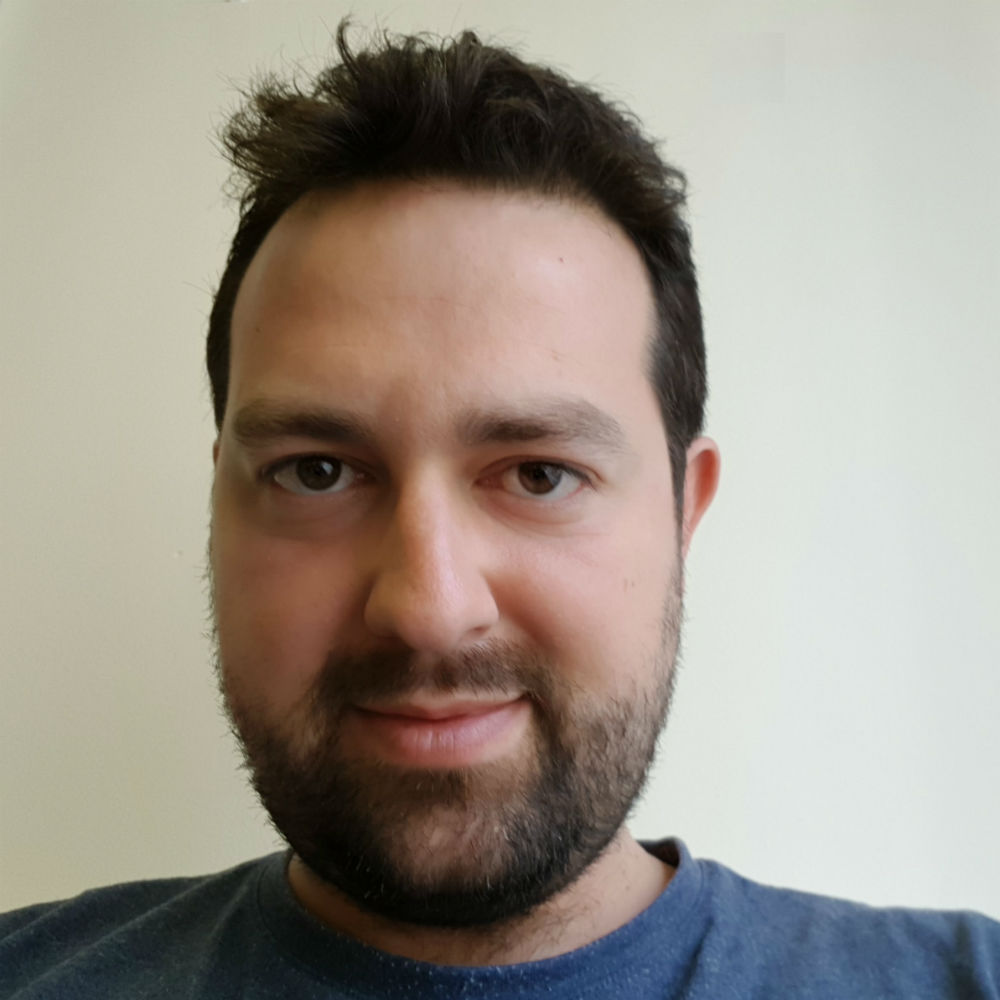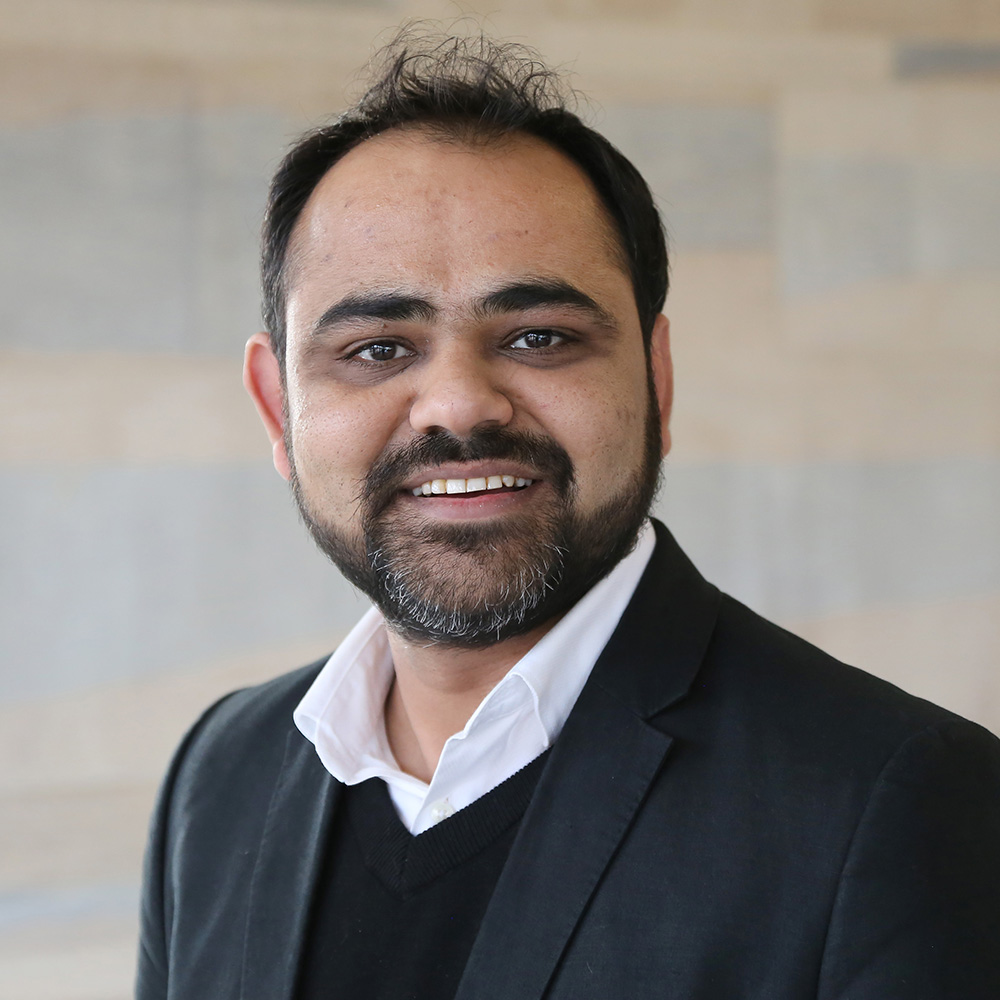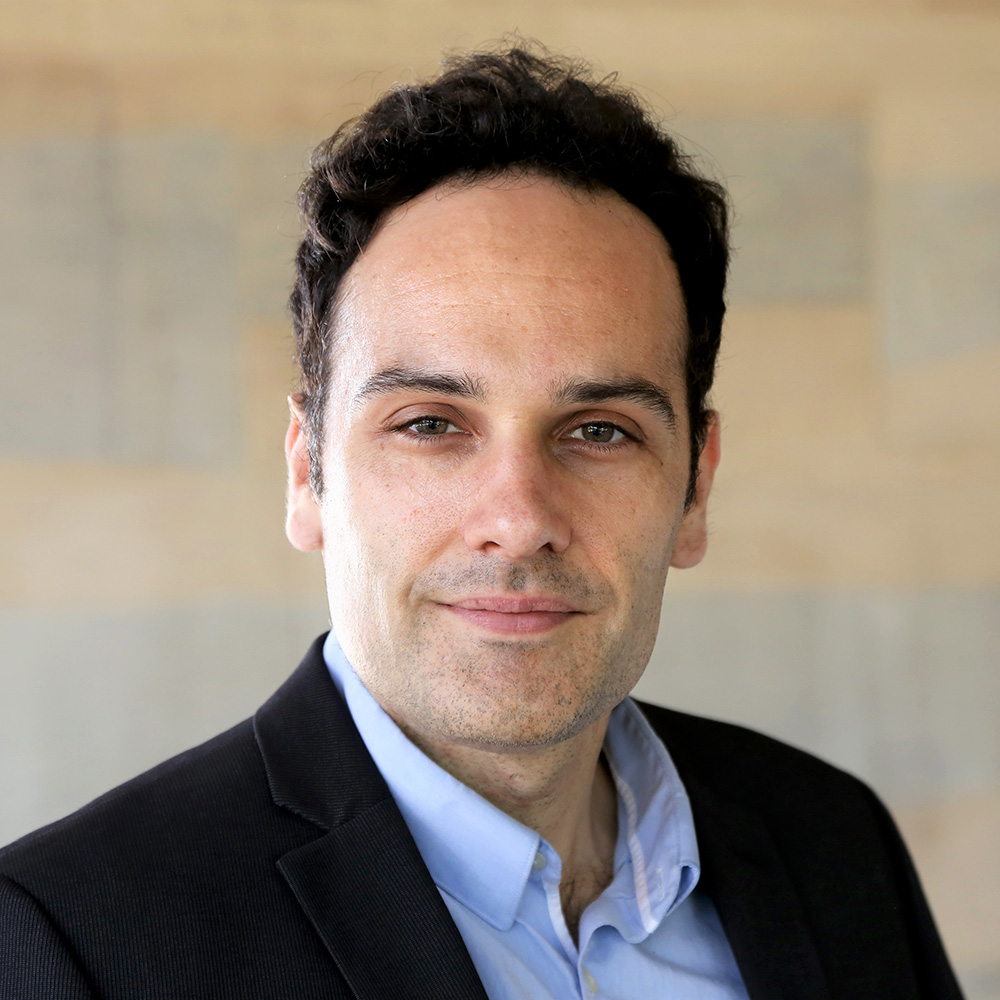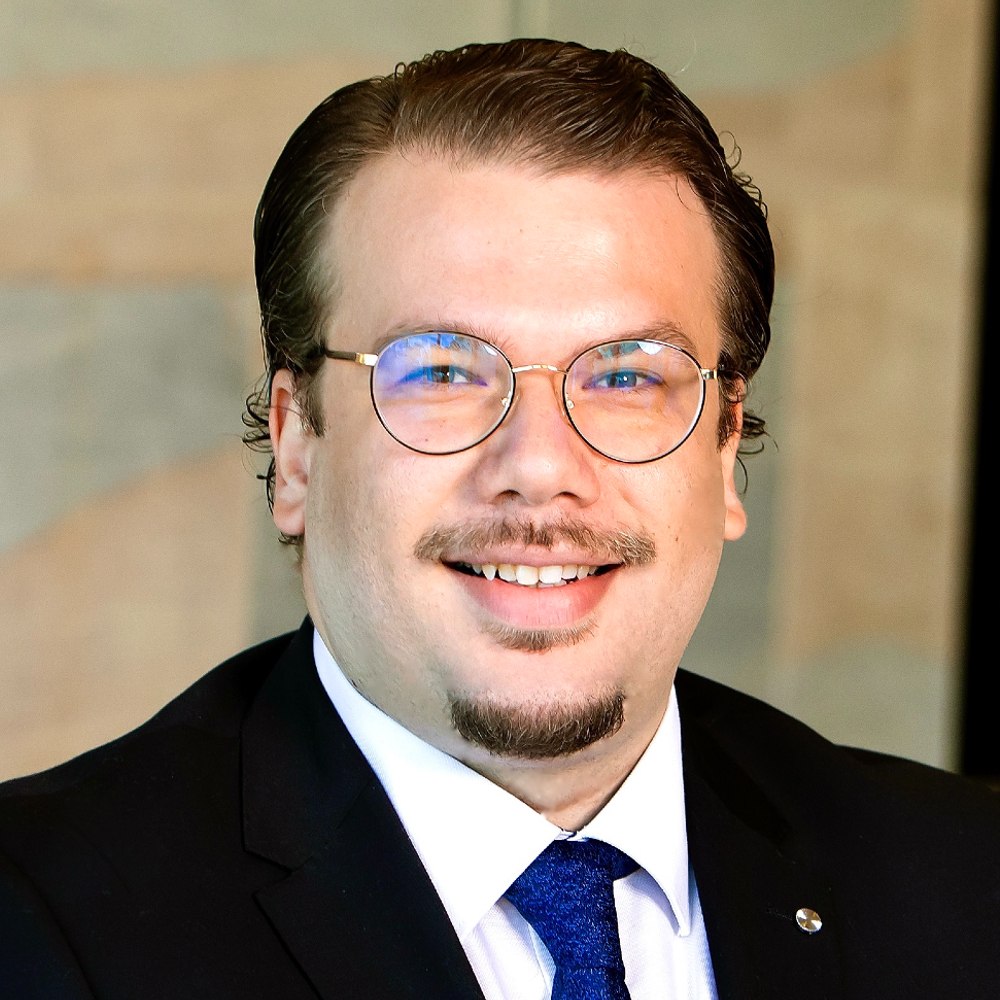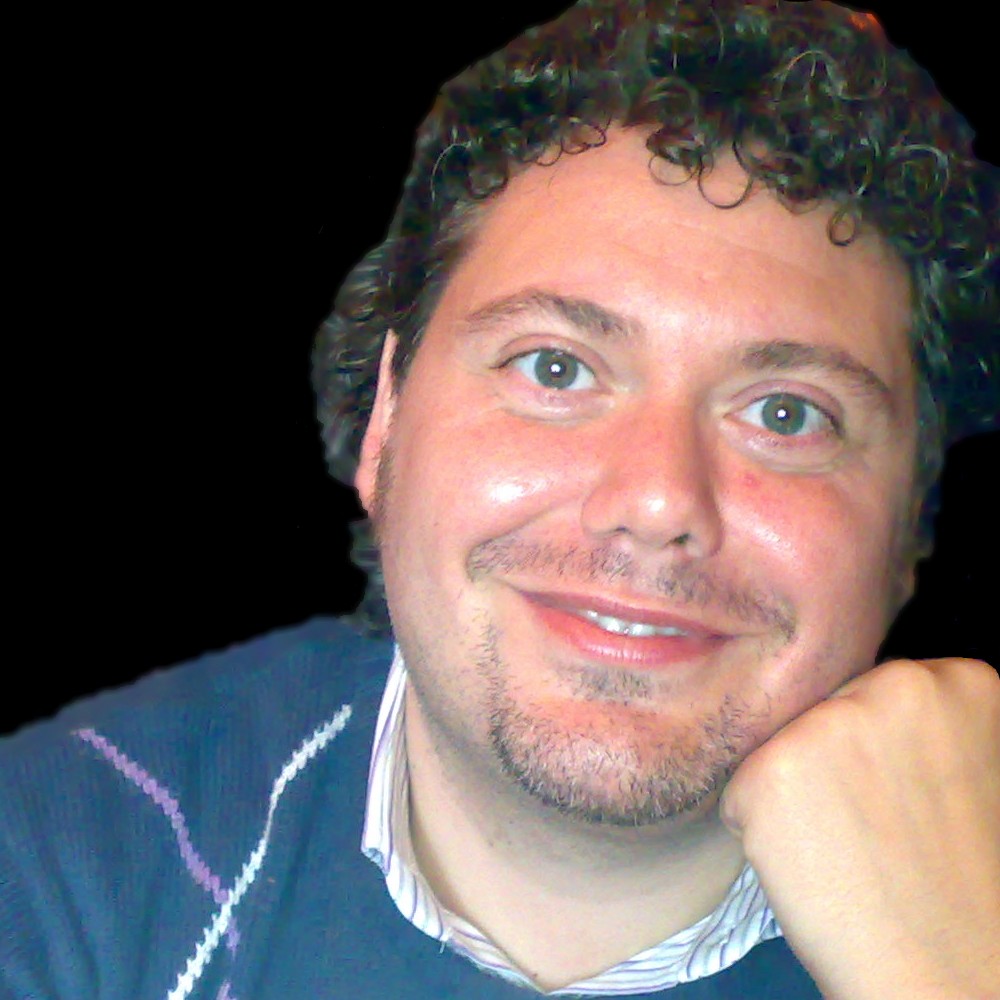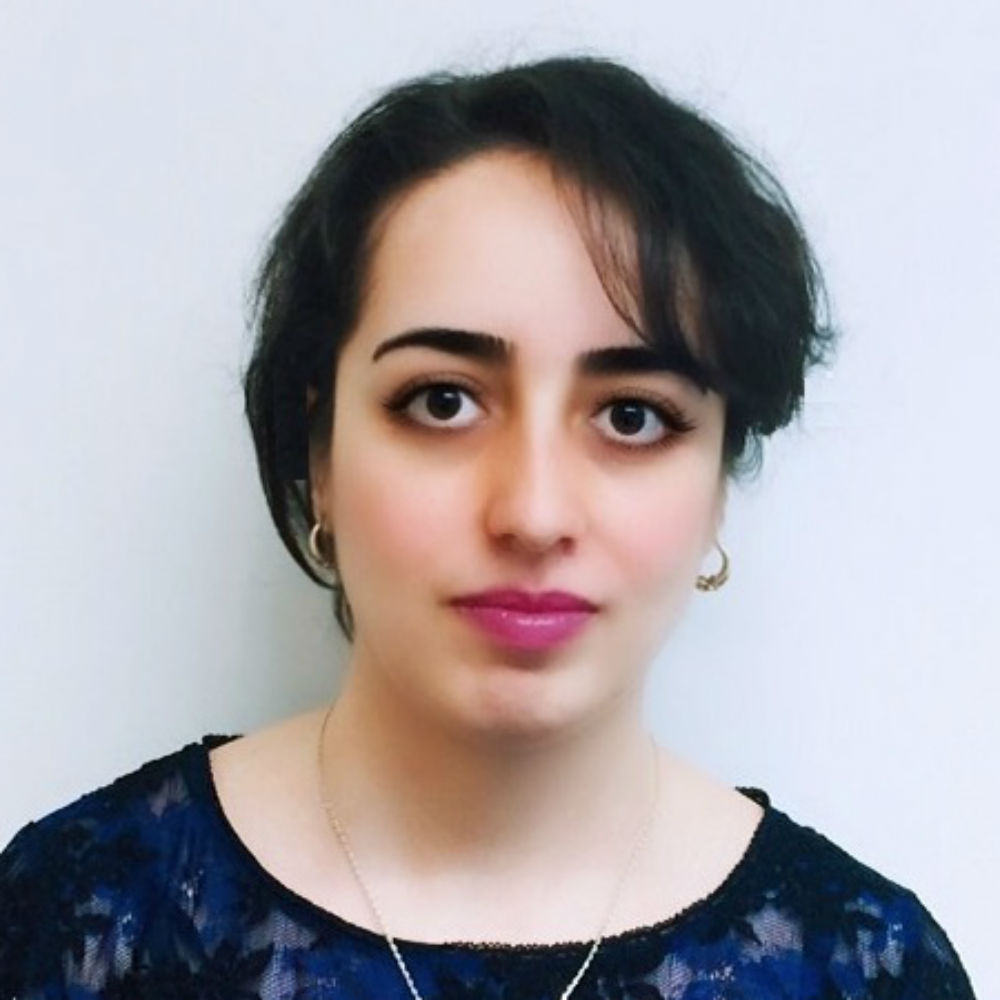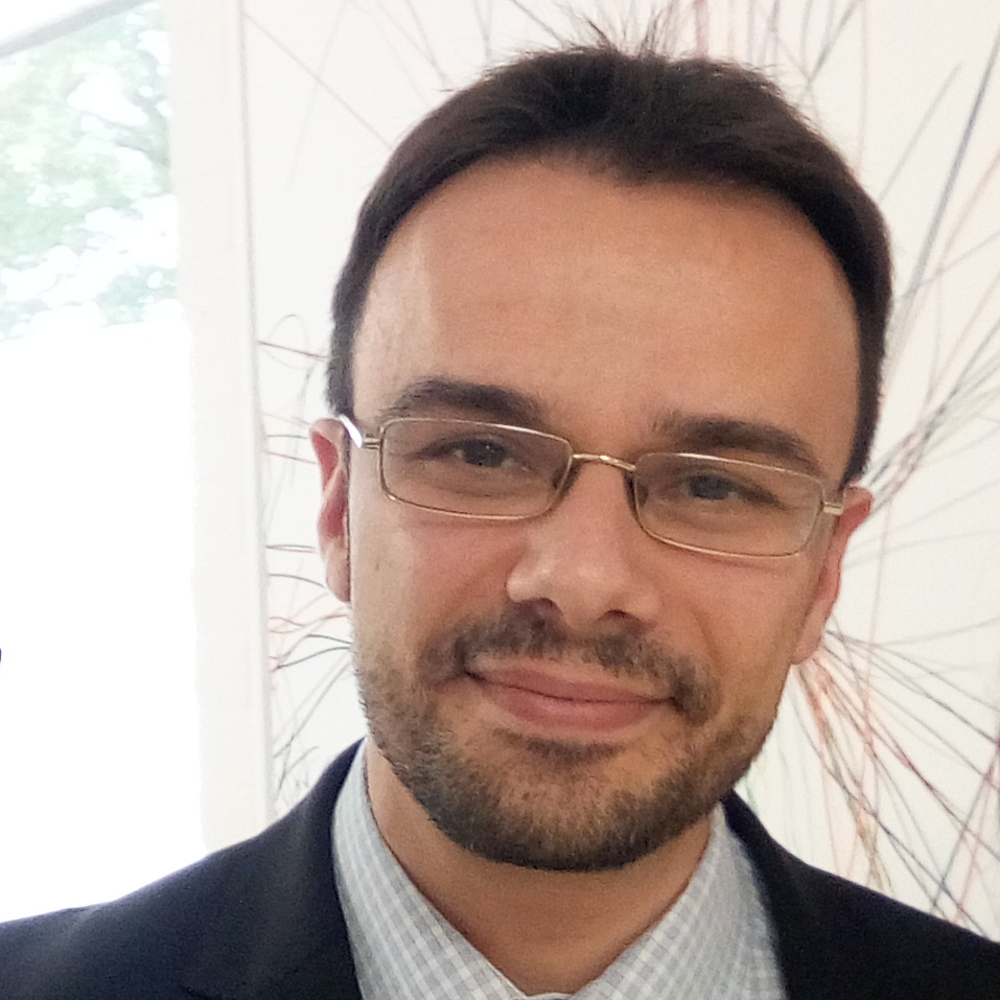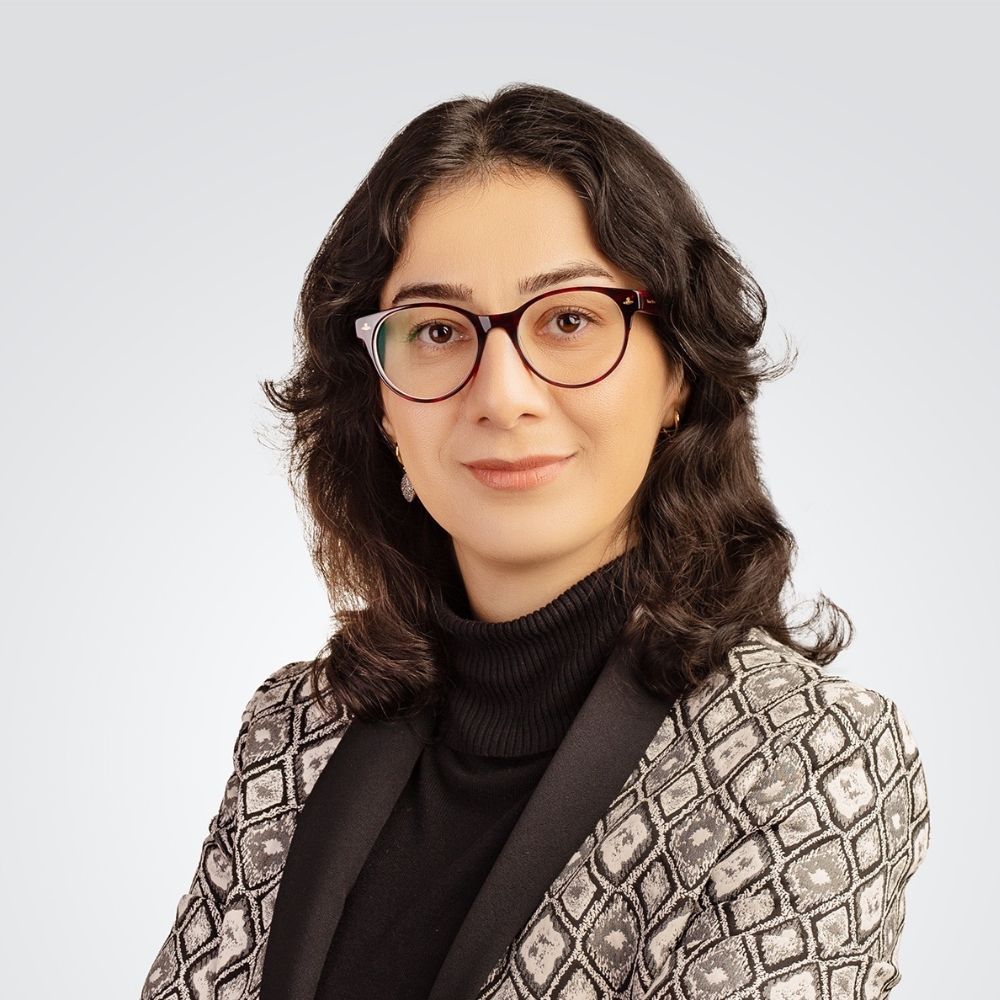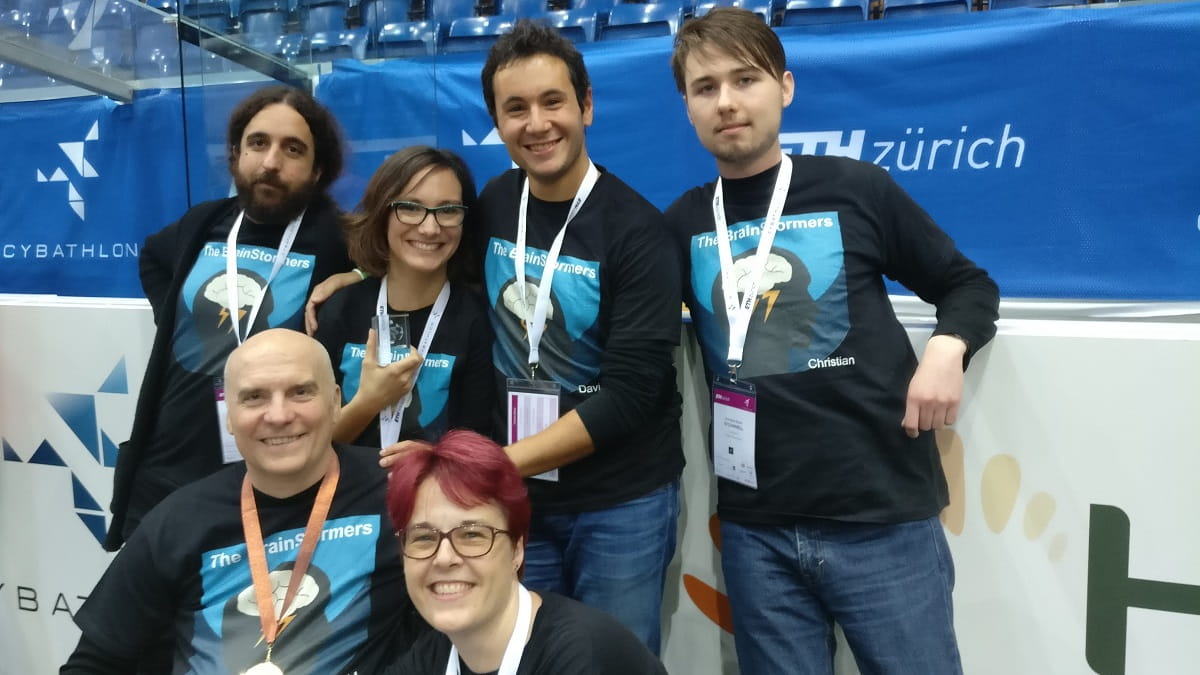Neural engineering is an exciting area of biomedical engineering that combines engineering, neuroscience, psychology, and machine learning to understand, repair, replace and enhance the properties of neural systems. Subareas include brain-computer interfaces, neurorehabilitation, human augmentation, cognitive enhancement, neuro-muscular interfaces, neuro-adaptive systems, neuro-stimulation, and many more.
Our mission is conducting theoretical research that expands our understanding of the brain and neural systems and to convert this into engineering principles and applications to repair, replace and enhance such systems.
Interest in neural engineering technologies for both disabled and able-bodied individuals has grown exponentially in recent years. Today there are a plethora of neuro technologies being trialled that improve communication, decision making, motor control, memory, attention, learning, problem solving, etc. There are also several large-scale initiatives (from the US and UK Military, to Elon Musk’s Neuralink project and many more) that seek practical exploitation of neural technologies.
The Essex Brain Computer Interfaces and Neural Engineering (BCI-NE) laboratory
The BCI-NE lab was founded in 2004 and is now one of the largest in the world and one of the best for non-invasive interfaces and cognitive augmentation.
The lab has recently moved to a new home spanning 190m² and has state-of-the-art facilities. These include three large Faraday cages, a robotic brain stimulation system, multiple EEG, fNIRS, and EMG measurement systems, body measurement systems (e.g. respiration sensors and eye trackers), a mobile VR kit, motorised wheelchairs and robotic arms, and computing servers with backup storage.
For nearly two decades now, the lab has produced internationally leading research. We collaborate internationally with MIT, NASA JPL, ESA, Harvard, UW and others, and nationally with Oxford, Imperial, UCL, NHS and others. The lab has attracted funding worth £4.6M in the last 5 years.
Thanks to this, it has grown to become one of the four pillars of the University of Essex School of Computer Science and Electronic Engineering, which is in itself one of the largest in the UK.
